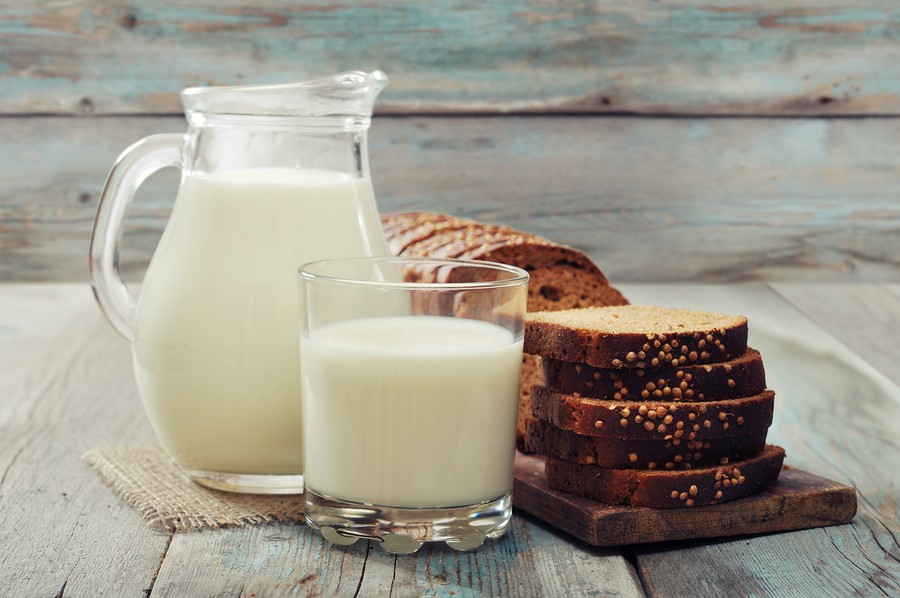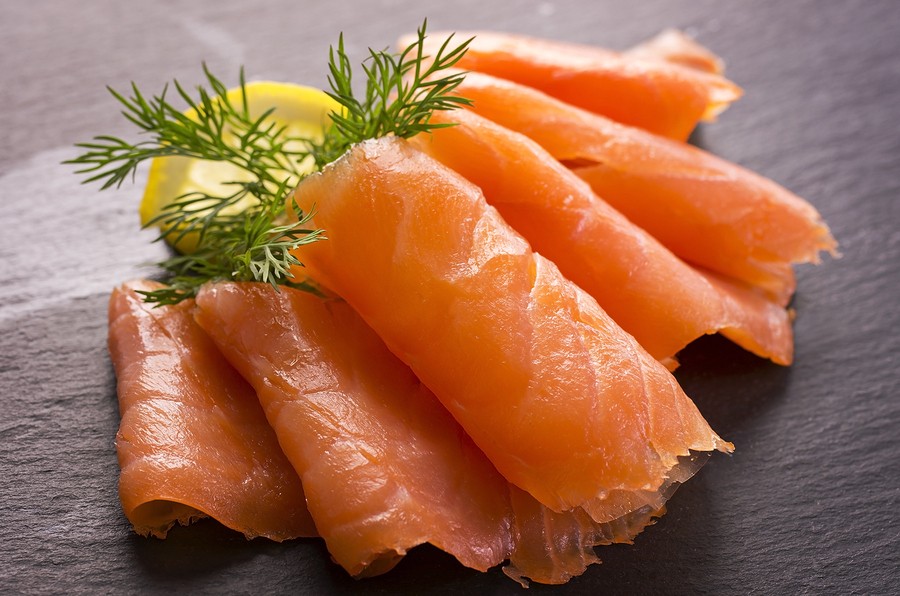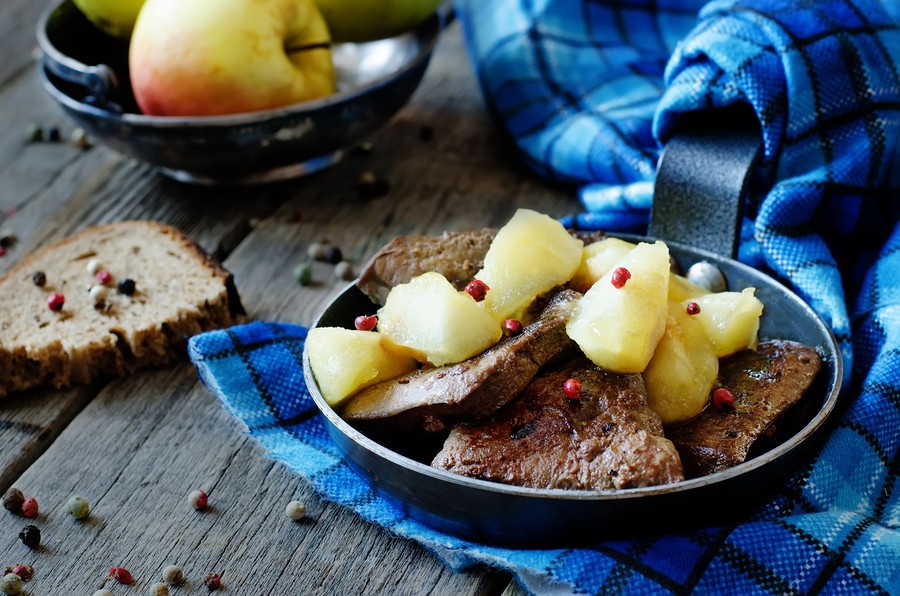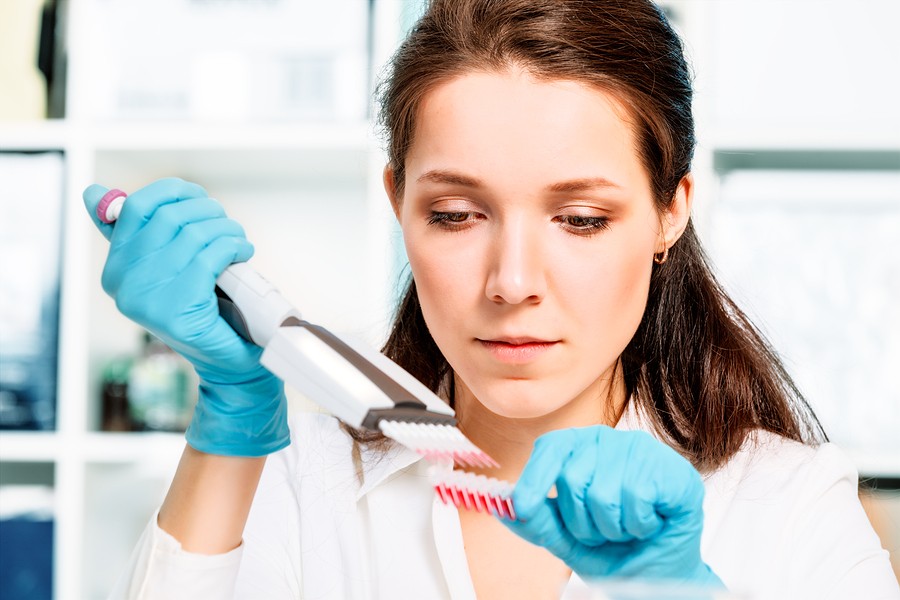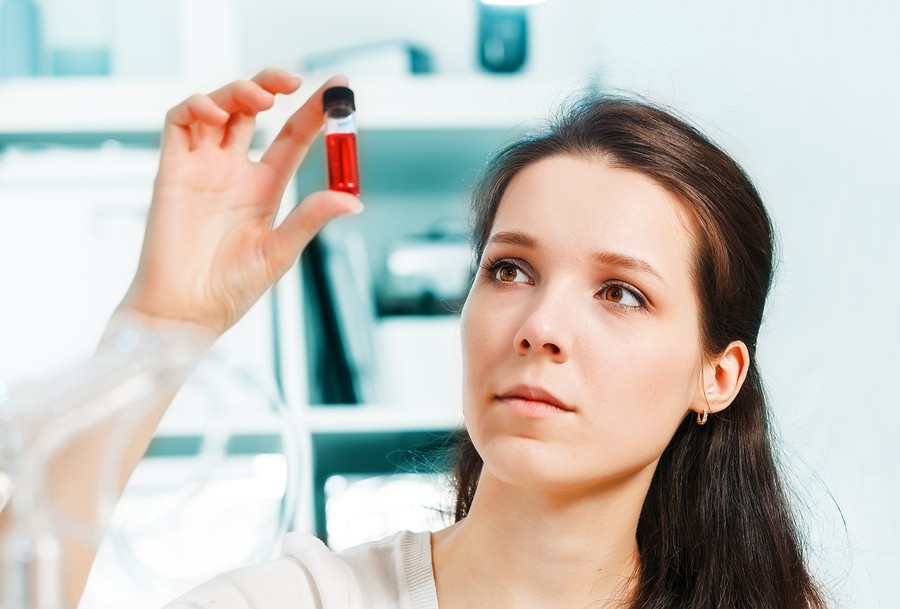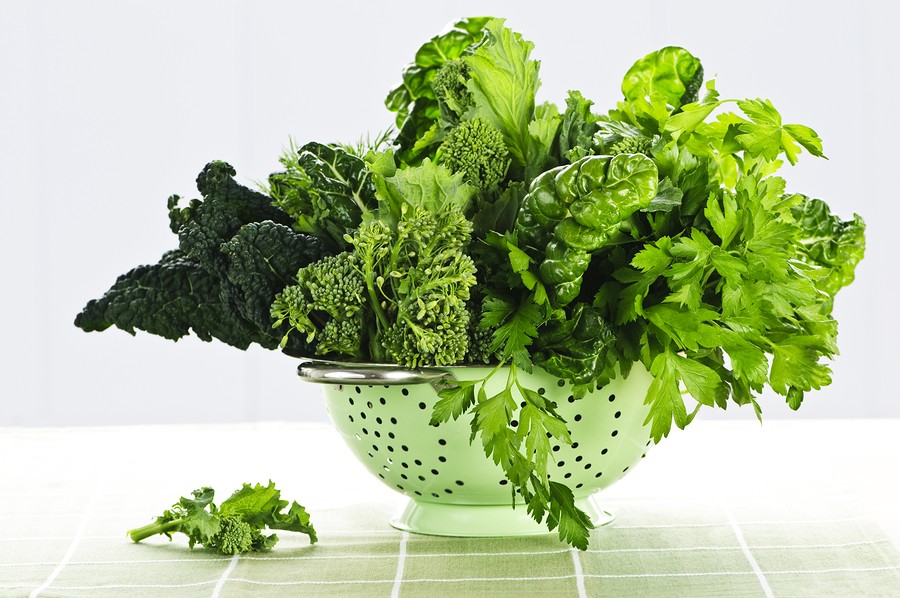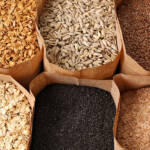The ABC’s of Vitamins: Riboflavin for Healthy Skin and Eyes
Riboflavin, or vitamin B2, is a water-soluble vitamin that helps cells use oxygen and helps release energy from the foods you eat. Riboflavin is important for healthy eyes and vision, and it helps keep the skin around your mouth and nose healthy. Some research also suggests it may play a role in treating iron deficiency anemia, and may help prevent migraines.

Up to 60 percent of the riboflavin is lost when grains are refined; therefore, white flour in the United States is enriched with riboflavin to help prevent deficiency of this important nutrient. Good dietary sources of riboflavin are milk and dairy products, eggs, whole grains and enriched grains, liver, meat, poultry, fish and green vegetables. Riboflavin shows through in skim milk because the fat is removed, that is why skim milk has a slightly bluish color compared to milk with higher fat contents.
Healthy people who eat a balanced diet rarely need additional riboflavin. People at risk for deficiency are the elderly, the poor, alcoholics, people with chronic illness and people with general absorption issues such as is common in Celiac Disease and Crohn’s Disease.
Signs of deficiency may include general weakness, cracked and red lips, a sore and swollen tongue, cracks at the corners of the mouth, dry scaling skin, and sometimes itchy watery eyes that are sensitive to bright light. Another syndrome called oral-ocular-genital syndrome is associated with a riboflavin deficiency and results in a peculiar combination of deficiency symptoms including scrotal dermatitis. A multivitamin and/or a B-complex vitamin may be helpful for those at risk.
To see if supplements are right for you, schedule your personal nutrition consultation today and start getting sound nutrition advice.

